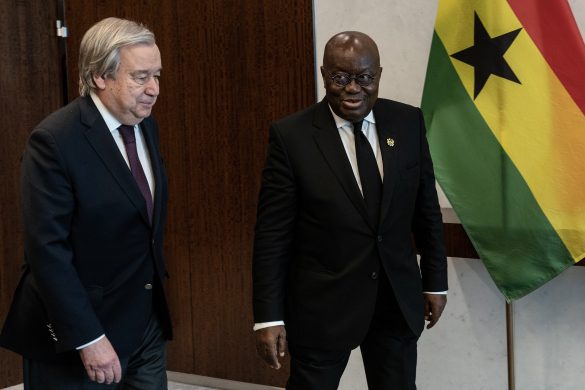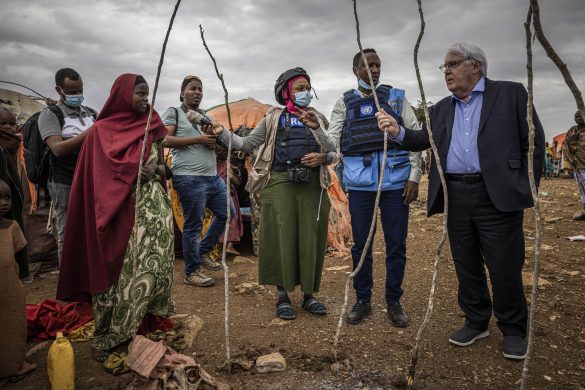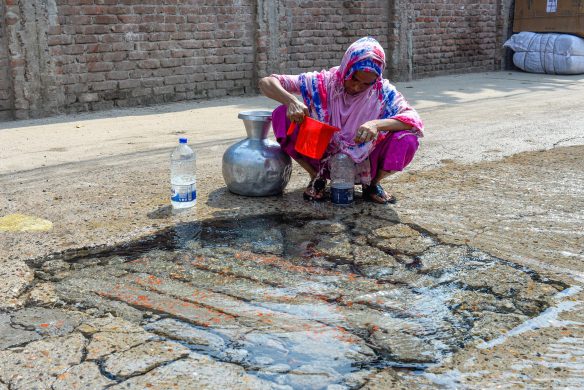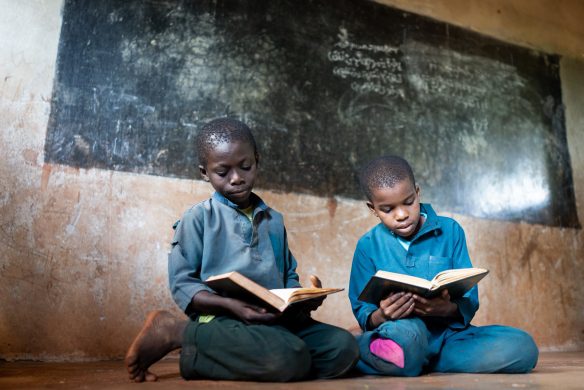Attorney General of Bolivia Oscar Crespo, has informed the World Bank of the criminal conviction of 15 people involved in fraudulent and corrupt activities in relation to the World Bank financed “Participatory Rural Investment Project.”
The Bolivian Attorney Generals Office took this action following an investigation and criminal referral by the World Banks Department of Institutional Integrity.
– The World Bank congratulates the Bolivian government, and particularly the Attorney General, on their swift action in investigating and prosecuting this corruption case, said Marcelo Giugale, World Bank Country Director for Bolivia, Ecuador, Peru and Venezuela.
– These convictions show that fraud and corruption will not be tolerated in World Bank-financed projects. The funds we lend must go to help the people of Bolivia reduce poverty, added Connie Luff, World Bank Country Manager for Bolivia.
The Participatory Rural Investment Project consists of a 62,8 million US dollar loan financed by the World Bank. The project aims to promote economic development of rural municipalities and communities through sustainable productive investments based on local demand which was generated through participatory planning processes.
From 1997 to 2001, the investment component of this project was implemented by the now defunct Fondo de Desarrollo Campesino (FDC).
In December 2000, the World Bank Department of Institutional Integrity was advised that during the course of a regular supervision mission, the Participatory Rural Investment Project Team noticed a series of irregularities associated with the implementation of the project.
Between February 2001 and July 2001, the Bank conducted an investigation into the implementation of 33 subprojects in the Bolivian Departments of Beni, Tarija, Potosi, Cochabamba and La Paz.
As a result, the Bank found evidence of fraudulent and corrupt practices, including bid manipulation, collusion between bidders and project officials, request and payments of kickbacks, submission of fraudulent invoices, and payment for work not completed or never done in the implementation of subprojects in these Departments.
In October 2001, the World Bank made a criminal referral of its findings substantiating the allegations of fraud and corruption to the Government of Bolivia.
Attorney General Crespo established a group of anticorruption prosecutors to investigate and prosecute the cases that arose from the Banks referral. To date, the anticorruption prosecutors have completed nine trials.
These trials resulted in the conviction of 15 individuals and the decision to suspend prosecution against another 9 individuals under the condition that they provide restitution to the Republic of Bolivia. In addition, another 15 indicted individuals are awaiting trial.
The Bolivian Ministry of Finance has supported the Attorney Generals Office, quantifying the amount of the damage caused to Treasury as a result of each of the irregularities under investigation.
The 15 convicted individuals were project officials, members of bid evaluation committees and contractors. Their sentences ranged between two and four years of imprisonment.
The project officials and members of the evaluation committee were convicted for criminal abstention, fraudulent misrepresentation, use of falsified documents, and entering into contracts adverse to the states interests. Contractors were convicted for anti-economic practices.
According to Mr. Crespo, the outcome of these investigations has shown that “Bolivia does not ignore issues of corruption. Corruption hinders development and deprives society from the benefits of free and open competition.”
He encouraged the local and international community to “move forward and denounce cases of corruption.” In that regard, Crespo applauded the World Banks referral of its investigative findings and also recognized the support provided by the World Bank in the success of this investigation.
For more information on the World Banks anticorruption policies and activities: www.worldbank.org/publicsector/anticorrupt/index.cfm
The World Bank Department of Institutional Integrity is charged with investigating allegations of fraud and corruption in Bank-financed projects. It is staffed by a multi-national team of more than forty professionals, including investigators, legal specialists, forensic accountants, procurement specialists and experienced Bank project managers. Additional information can be found at www.worldbank.org/integrity.
Allegations of fraud and corruption related to World Bank-financed projects can be reported to 1-800-831-0463 24 hours a day and an international AT&T operator with international translation is available. To reverse charges (collect calls), 704-556-7046. Reports may be anonymous, and can also be made in person or on line at [email protected].
Kilde: www.worldbank.org















